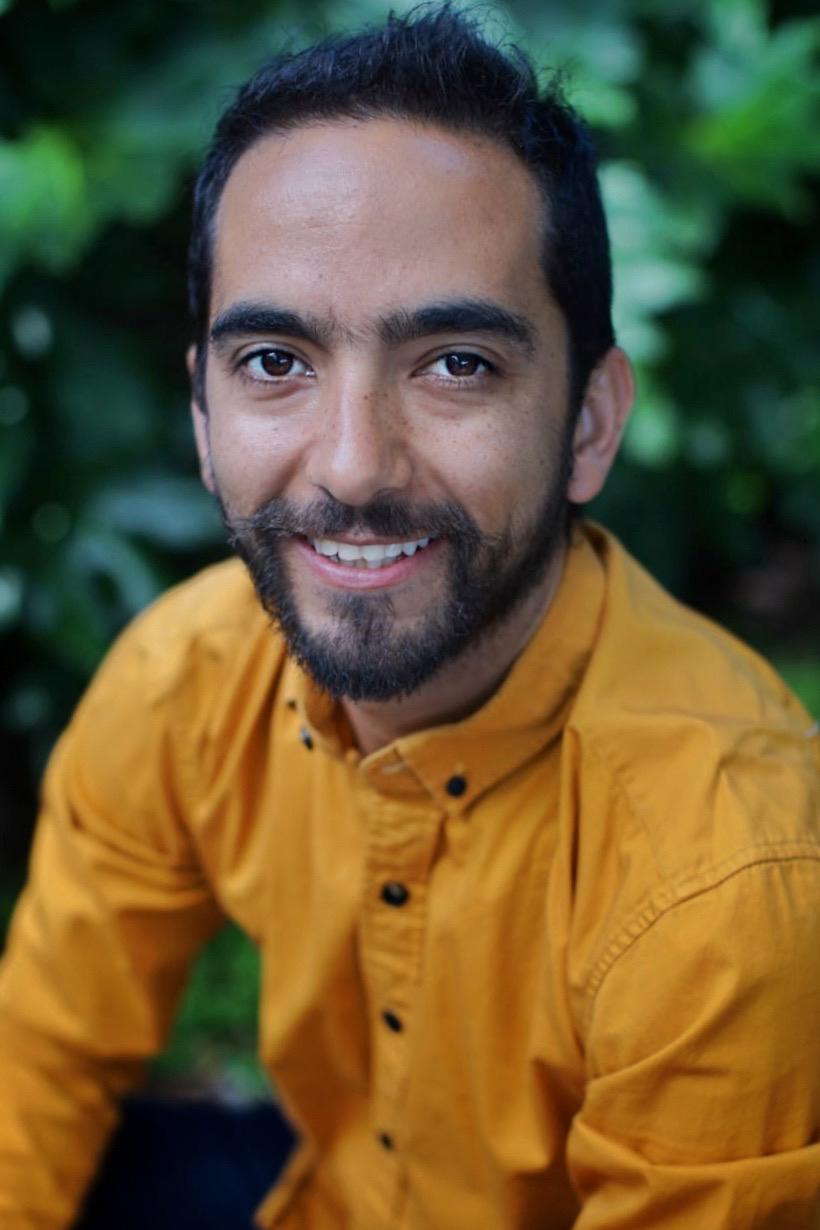Correa-Baena is honored for his work with solar cells and receives the U.S. government’s highest award for early-career engineers.

Solar energy and semiconductor expert Juan-Pablo Correa-Baena has received the Presidential Early Career Award for Scientists and Engineers (PECASE) from President Biden. It is the highest honor bestowed by the U.S. government on early-career engineers and scientists, specifically for each recipient’s “exceptional potential for leadership.”
Correa-Baena is one of 400 honorees this year. He’s joined by Georgia Tech College of Computing Associate Professor Josiah Hester.
Correa-Baena is recognized for his research with the Department of Energy. His group in the School of Materials Science and Engineering (MSE) focuses on understanding the relationship between chemistry, crystallographic structure, and properties of new, low-cost semiconducting materials used for optical and electronic applications. Correa-Baena’s team also works on advanced techniques for characterizing these very small materials and their interactions.
“I wanted to research something that would benefit society, while also using chemistry, physics, and involved materials discovery to inform that. That is why I work on solar cells, because this area of research is impactful,” said Correa-Baena, an MSE associate professor and the Goizueta Junior Faculty Chair.
Correa-Baena leads a solar energy materials research initiative for Georgia Tech’s Institute of Matter and Systems and Strategic Energy Institute. He also has a secondary appointment in the School of Chemistry and Biochemistry.
He learned a month ago he had been nominated for the PECASE but didn’t know the good news until the White House announcement this week.
“My career goal has always been to execute high-quality research,” he said. “Receiving a PECASE is a testament to the work our lab is doing, my student and faculty collaborators at Georgia Tech, and simply being in the right place at the right time.”
The PECASE was established by President Clinton in 1996. It honors individuals for their contributions to science and technology and promotes awareness of STEM careers. The PECASE also supports the missions of participating agencies — including the DOE —and strengthens the link between research and societal impact.
Correa-Baena has a key piece of advice for students beginning their research careers.
"Be passionate in what you’re doing. I love the discovery of new phenomena and materials as well as the process of having a hypothesis and testing it,” Correa-Baena said. “More often than not, the hypotheses are incorrect, but it is always an opportunity to learn and grow. Passion is required to have the drive to solve complex problems, a process that can take years and sometimes decades. Don’t be discouraged by failure.”